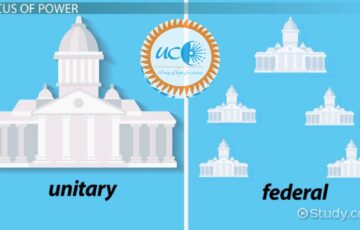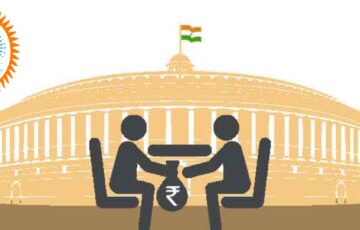Q. Is anti-defection law a restriction on the freedom of choice of legislators? Examine and also highlight the role played by the Speaker in this regard.
Approach:
- Introduce the Tenth Schedule and provision for anti-defection in the Indian Constitution.
- Mention the arguments in favor of restriction of freedom of choice and controversies around the Speaker’s role.
- Mention the Kihoto Hollohan judgment, which negates the freedom of choice argument.
- Suggest alternatives and conclude appropriately.
Answer:
The Tenth Schedule, or Anti-Defection Law, was incorporated in the Constitution by the 52nd Amendment Act (1985). It lays down the procedures of disqualification of legislators on grounds of defection by the presiding officer, based on a petition by any member of the legislature. A legislator is deemed to have defected if he either voluntarily gives up the membership of his party or disobeys the directives of the party leadership on a vote. This is to provide a stable government by preventing quid-pro-quo deals or political uncertainty.
- Role of speaker:
The office of the Speaker acts as the deciding authority under the anti-defection law. However, the law has been shrouded in controversies for restricting freedom of choice of legislators, and speaker’s decisions on disqualification.
- No room for legitimate dissent:
Anti-defection law often restricts a legislator from voting in line with his/her conscience or judgment, interests of the electorate, as on most issues voting directions are issued by political parties, irrespective of its nature. It therefore violates the fundamental rights and parliamentary privilege given to legislators.
- Open to interpretations:
Disqualification on grounds of ‘voluntarily giving up’ membership of a party, is susceptible to interpretation of the Speaker.
- Against constitutional duty of neutrality:
Numerous instances in the past have shown that speaker’s political affiliations come in the way of adjudication on disqualification petitions.
- No prescribed time limit:
The law does not specify a time period for the Speaker to decide on a disqualification plea. Due to inordinate delays in deciding on such matters, there have been instances where defected legislators continue to be members of the Legislature.
However, in Kihoto Hollohan case (1992), SC has declared that:
- The Tenth Schedule does not violate Freedom of Speech and Association [Article 19 (1)(a) and (c)] as it comes within reasonable restrictions. It also does not violate Articles 105 and 194 (Parliamentary/Legislative Privileges) as it is restricted for voting only.
- The Schedule also provides for two exceptions to defection i.e. if prior permission has been taken from the party whip or if the action of the member is condoned by the party.
- The decision of the Speaker is subject to judicial review on grounds of malefide intentions, perversity, etc.
Further, it gives exceptions in case of a merger or if a Speaker voluntarily gives up his/her party to improve the anti-defection law further, the law can be made valid only for critical votes that determine stability of the government (e.g. budget, no-confidence motions), it should be decided within a prescribed time limit and instead of the Speaker, disqualification can be decided by the President/Governor on the advice of Election Commission.







